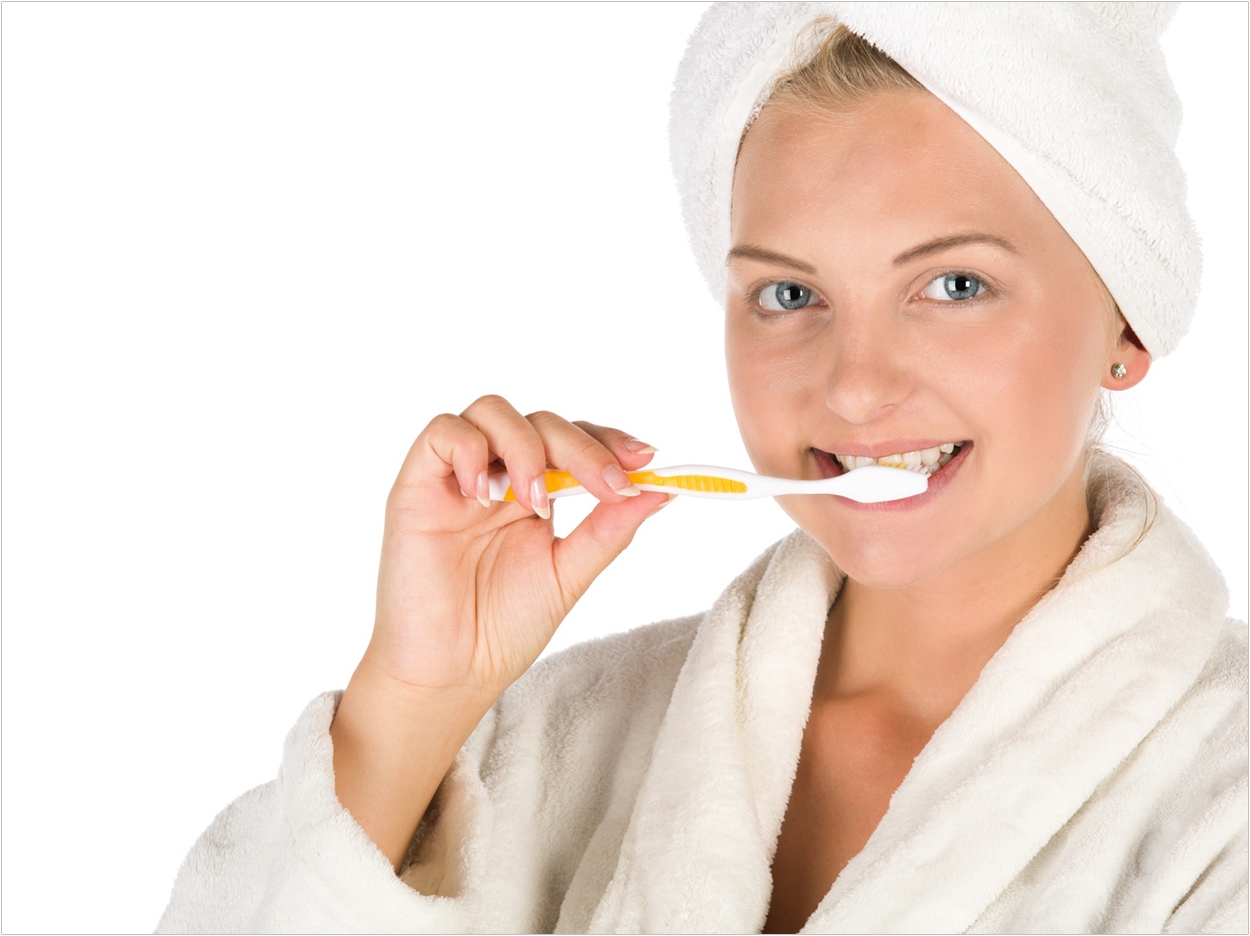
Even though it could be bad for your health—and really gross, too—26% of British adults seem openly willing to share their toothbrush with other people such as a family member, friend, partner, neighbor, or celebrity, according to a study commissioned by the Oral Health Foundation and Philips as part of National Smile Month.
The survey showed that men are more likely to loan their toothbrush (32%) than women (20%). Also, younger adults are nearly twice as willing to share their brush (55%) compared to their parents (30%) and around four times more open to doing so than their grandparents (13%).
“Although it may seem like a kind gesture to share your toothbrush, it really is not a very good idea,” said Dr. Ben Atkins, dentist and trustee of the Oral Health Foundation.
“Sharing a toothbrush leaves you susceptible to all sorts of oral and general health problems. Just because you kiss a partner or occasionally share a fork or spoon during mealtimes with them, does not justify using their toothbrush,” said Atkins.
“This is because brushing sometimes causes the gums to bleed, which exposes everyone you share your toothbrush with to bloodstream diseases. This means that by sharing a toothbrush, you could also be sharing blood, which is a lot riskier than just swapping saliva,” said Atkins.
“There are many hundreds of different bacteria and viruses in our mouths, and people sharing a toothbrush could be passing these on to others. While this might be something relatively harmless, such as a common cold or cold sore, if the person you are sharing with is infected with hepatitis B or HIV, these could also be passed on via the toothbrush, with severe health consequences,” said Atkins.
The most common person Brits are willing to share their toothbrush with is their partner. The survey reveals that 15% would share their toothbrush with a loved on. A family member (8%), a friend (5%), and a neighbor (4%) also featured as popular answers in the poll. Plus, 6% of 25- to 35-year-olds would share their toothbrush with a celebrity.
“The mouth harbors hundreds of different kinds of bacteria that can be easily transferred from one person to another. You can control this by only using your own toothbrush. By avoiding using other people’s toothbrushes, you will prevent the mixing of bacteria and plaque. This will protect the health of yourself as well as others,” said Dr. Nigel Carter, OBE, chief executive of the Oral Health Foundation.
The research was conducted as part of National Smile Month, a charity campaign by the Oral Health Foundation that champions the benefits of good oral health. With Philips, the Oral Health Foundation is promoting #habits4life, a simple message encouraging everyone to adopt simple habits that benefit oral health and wellbeing.
“Sharing your toothbrush is a great example of a bad habit that can negatively affect the health of your mouth. However, there are many habits that can have a positive impact, not only for your oral health but for your quality of life, too,” said Carter.
With regular dental visits, brushing for two minutes twice a day with a fluoride toothpaste, and reducing the amount of sugar in your diet, the Oral Health Foundation says, people can improve their oral health and overall wellbeing.
“Getting into good habits is extremely important, especially when it comes down to your health. By taking on just three simple habits, you can live a healthier, happier, and longer life,” said Carter.
Related Articles
Half of Brits Stress About Their Smiles
Advertising Drove Early Beliefs in Oral Hygiene Practices
Psychological Techniques Improve Oral Hygiene












